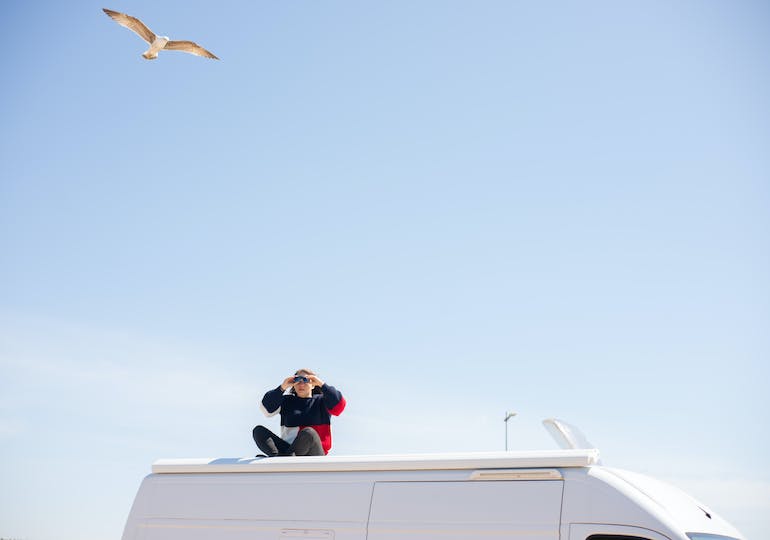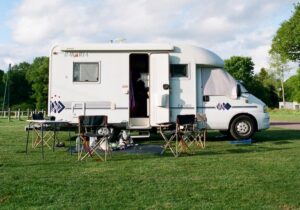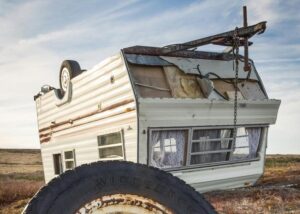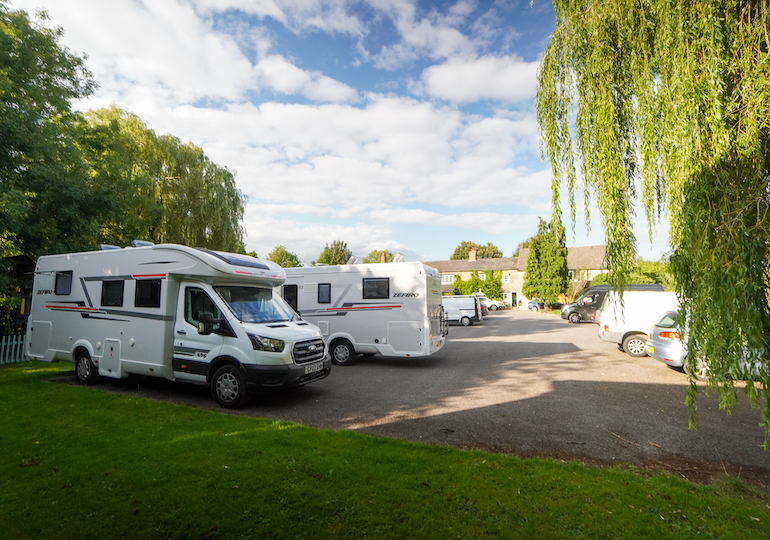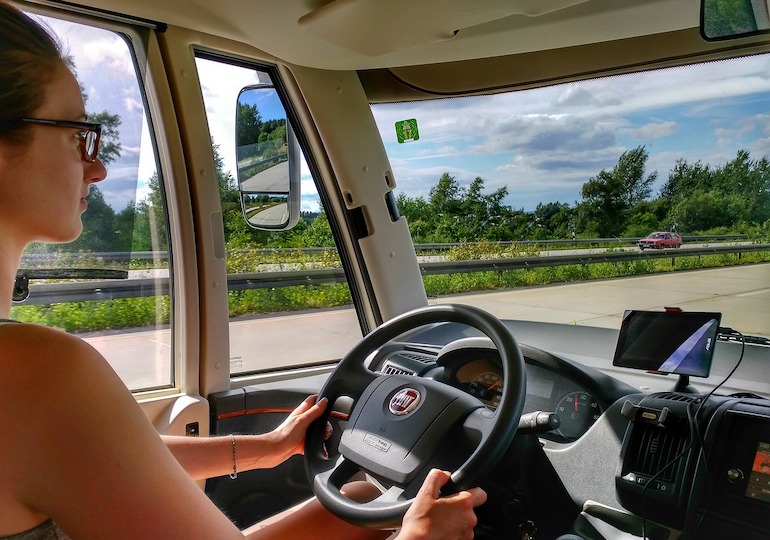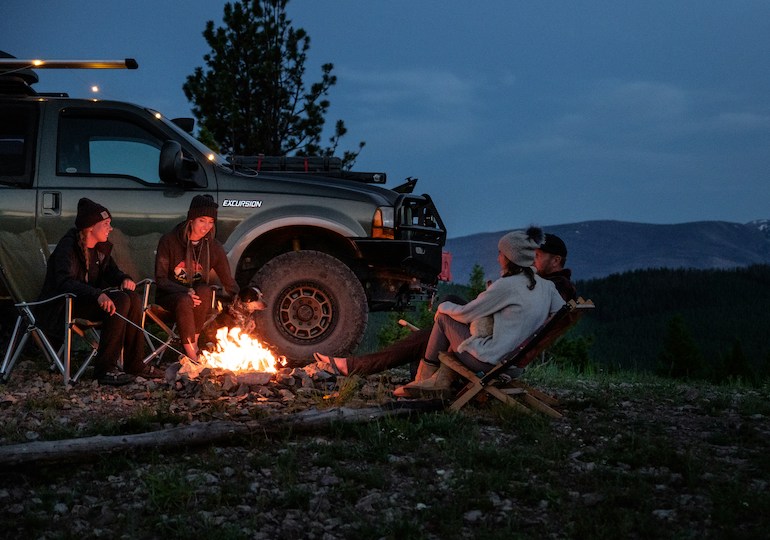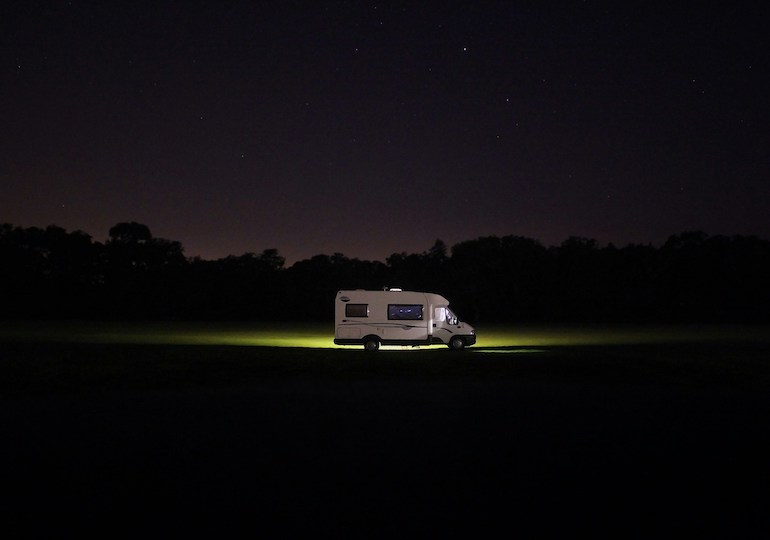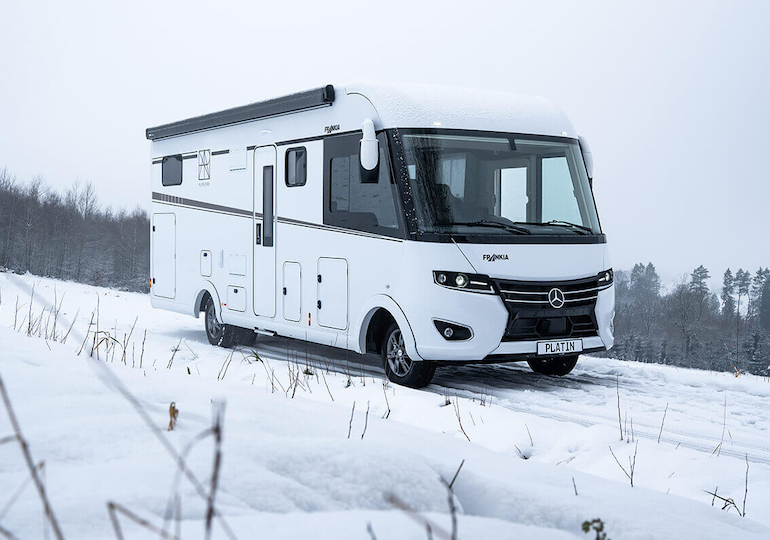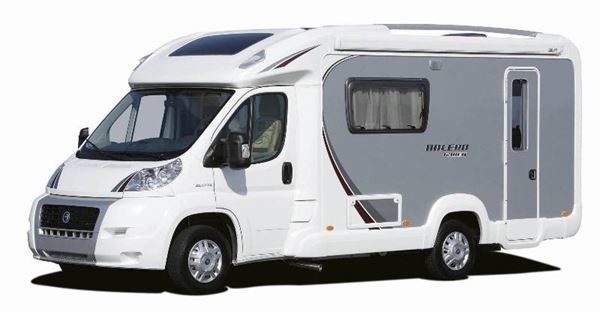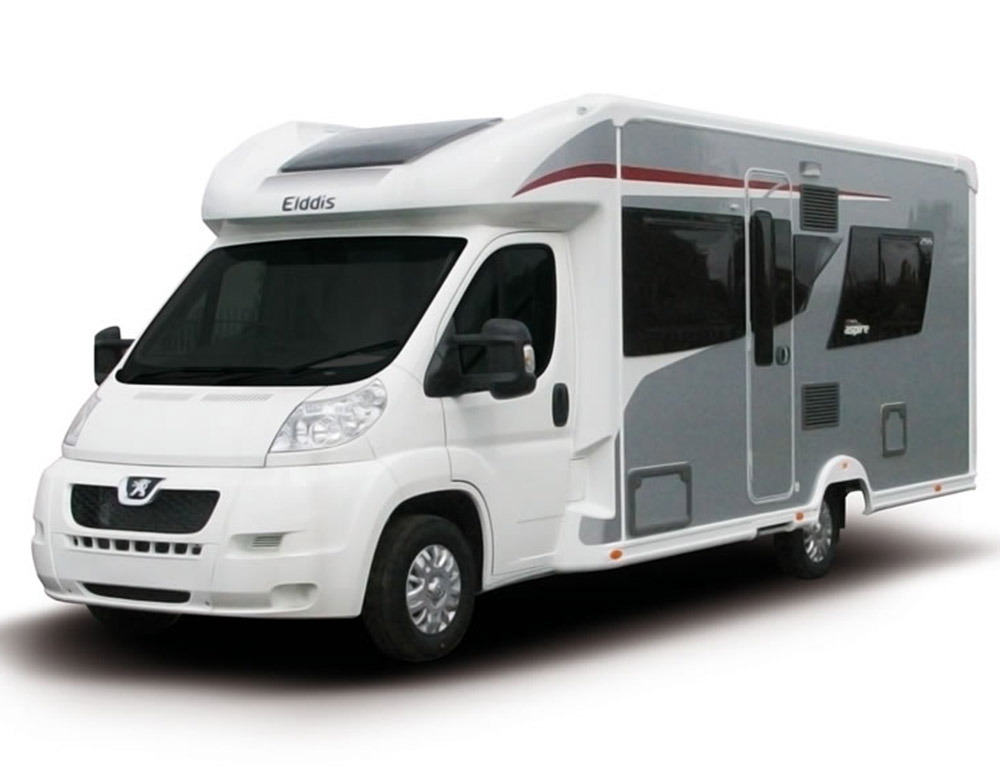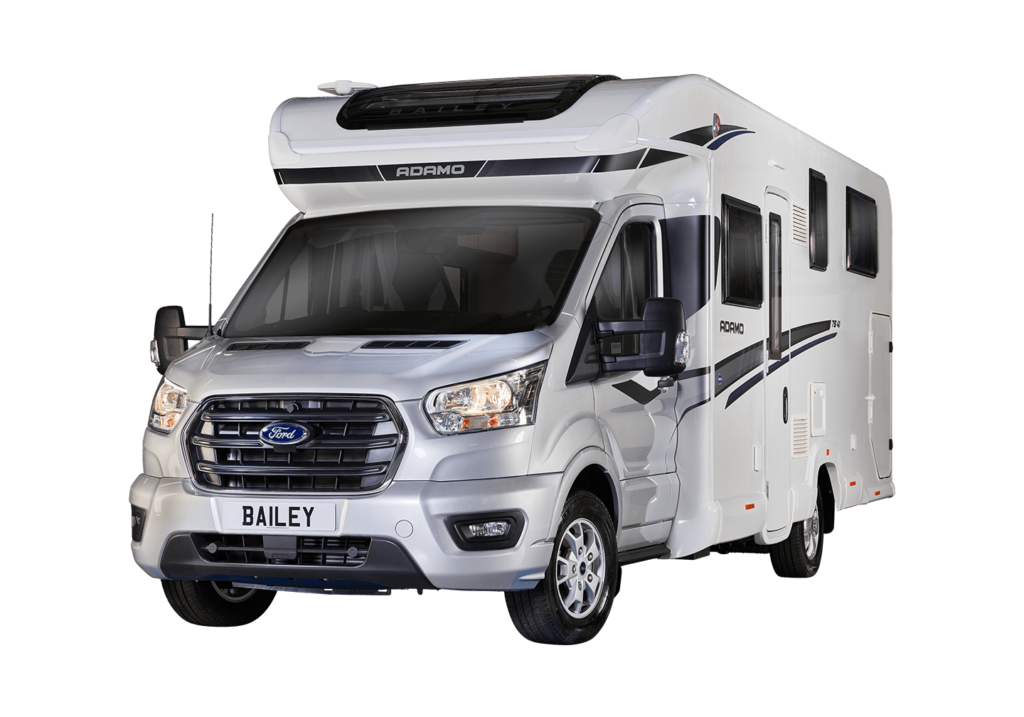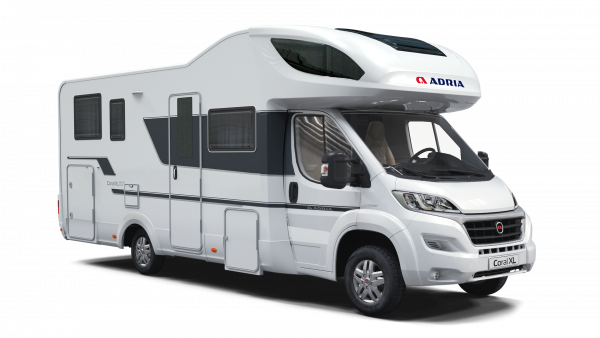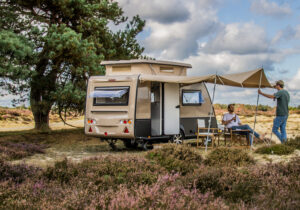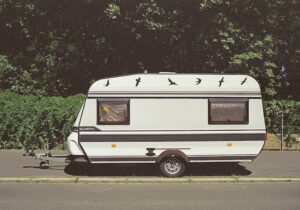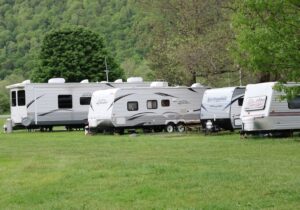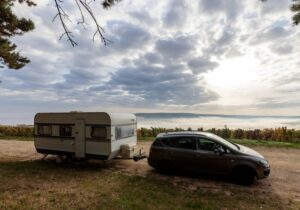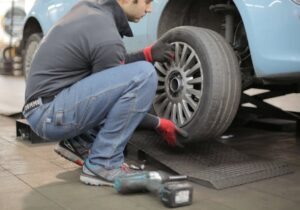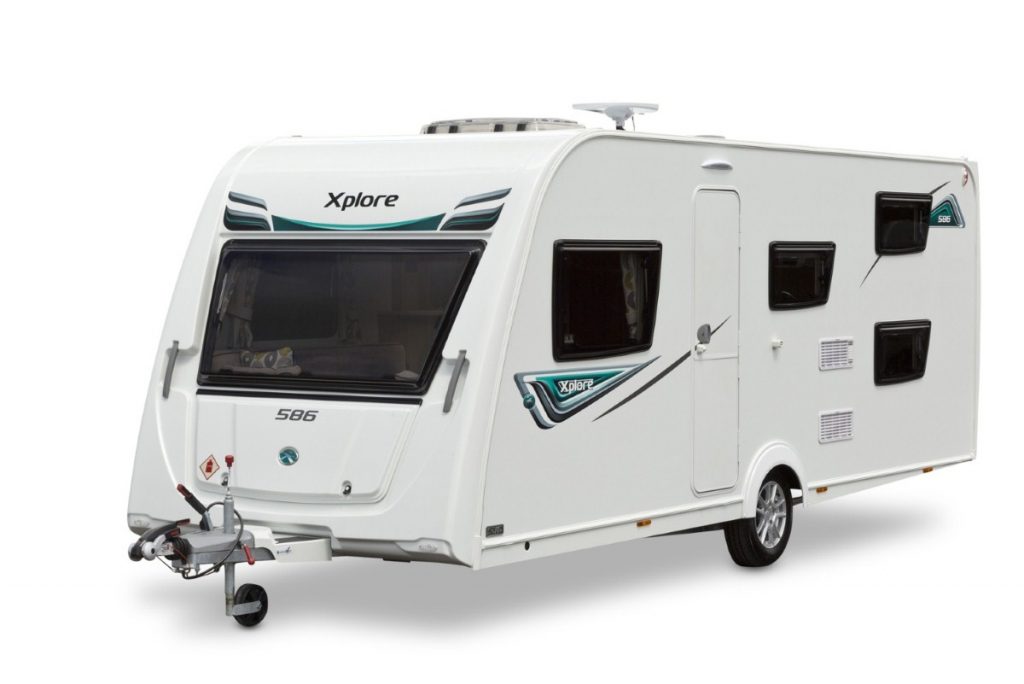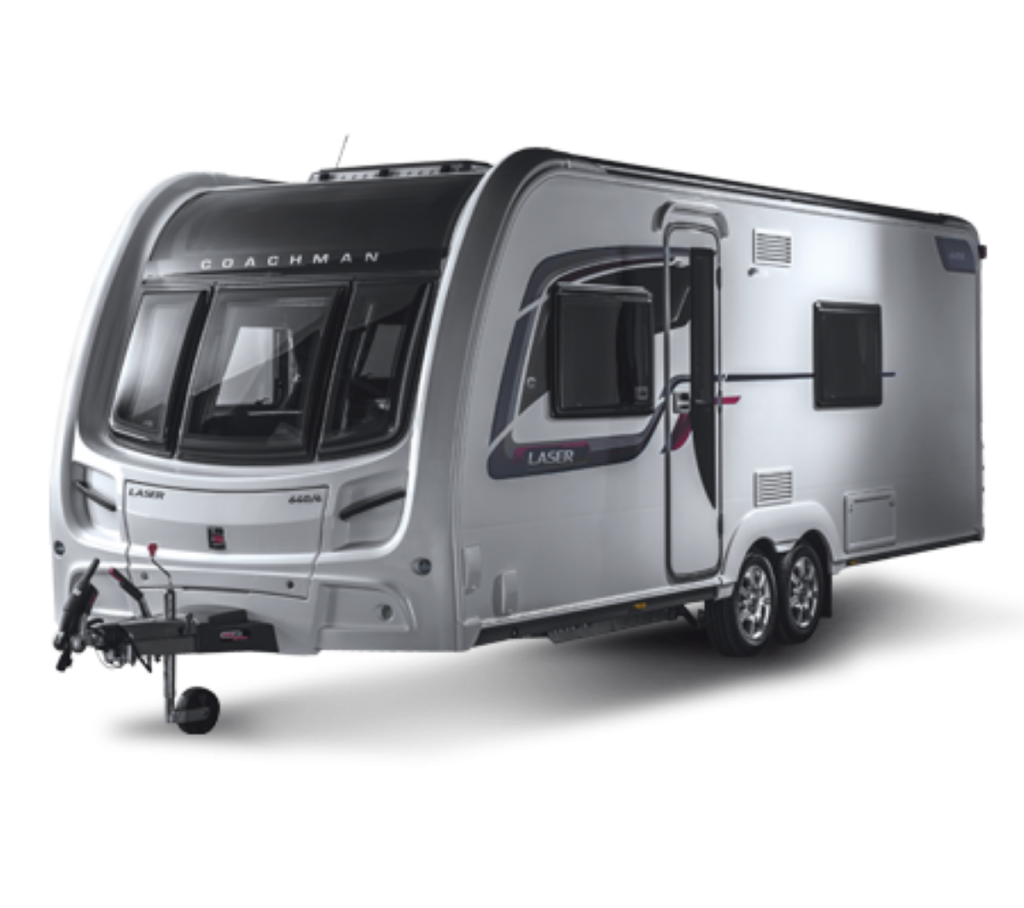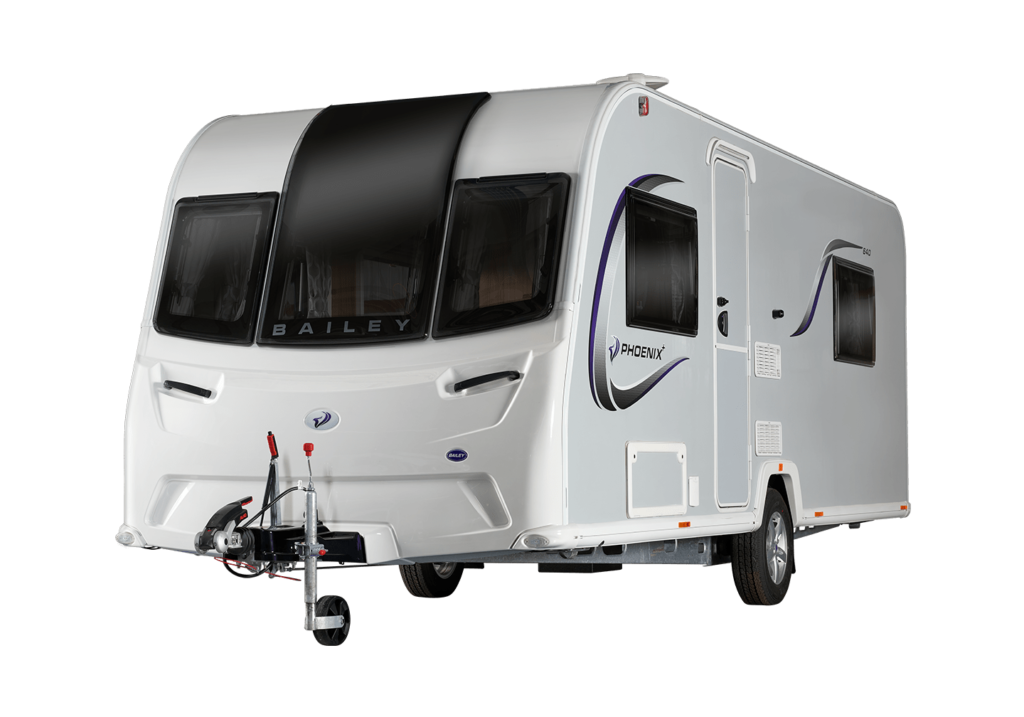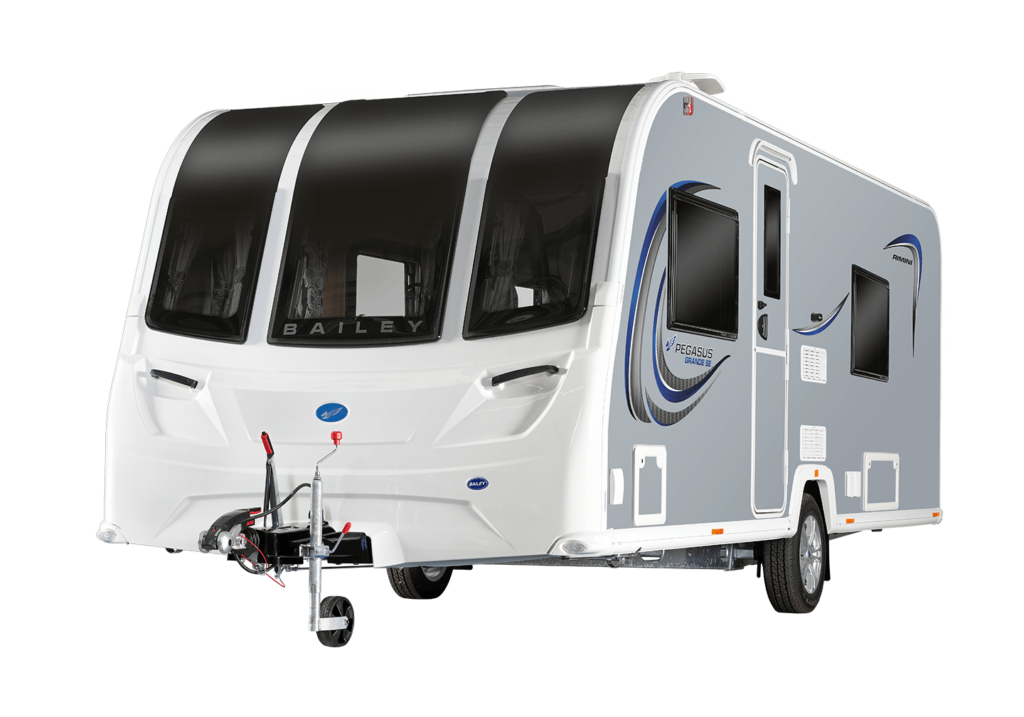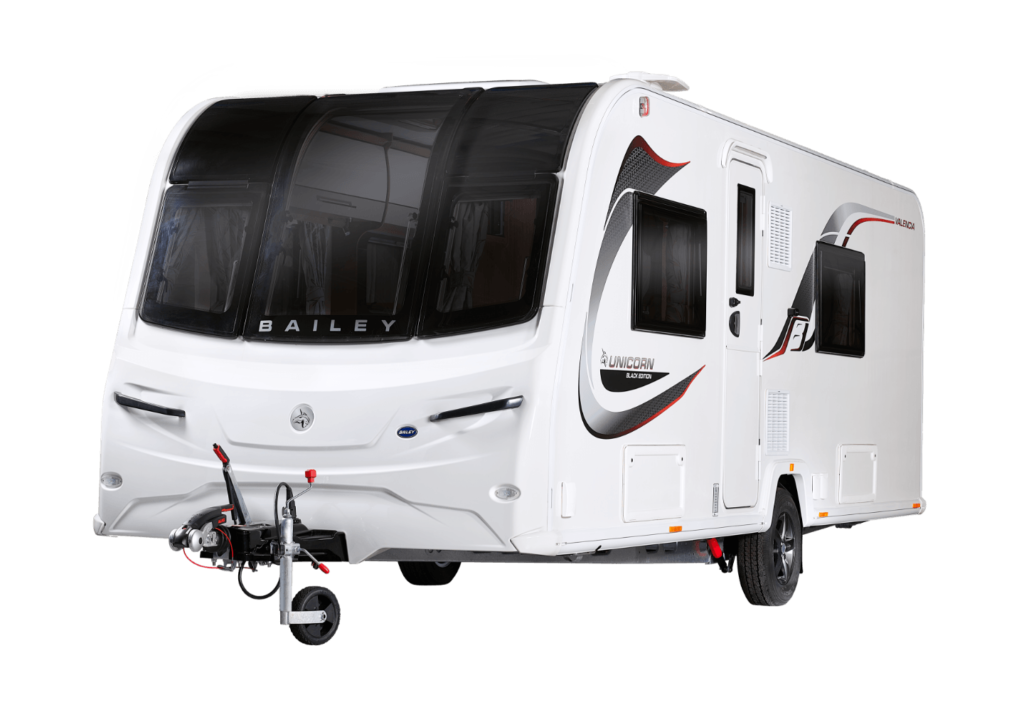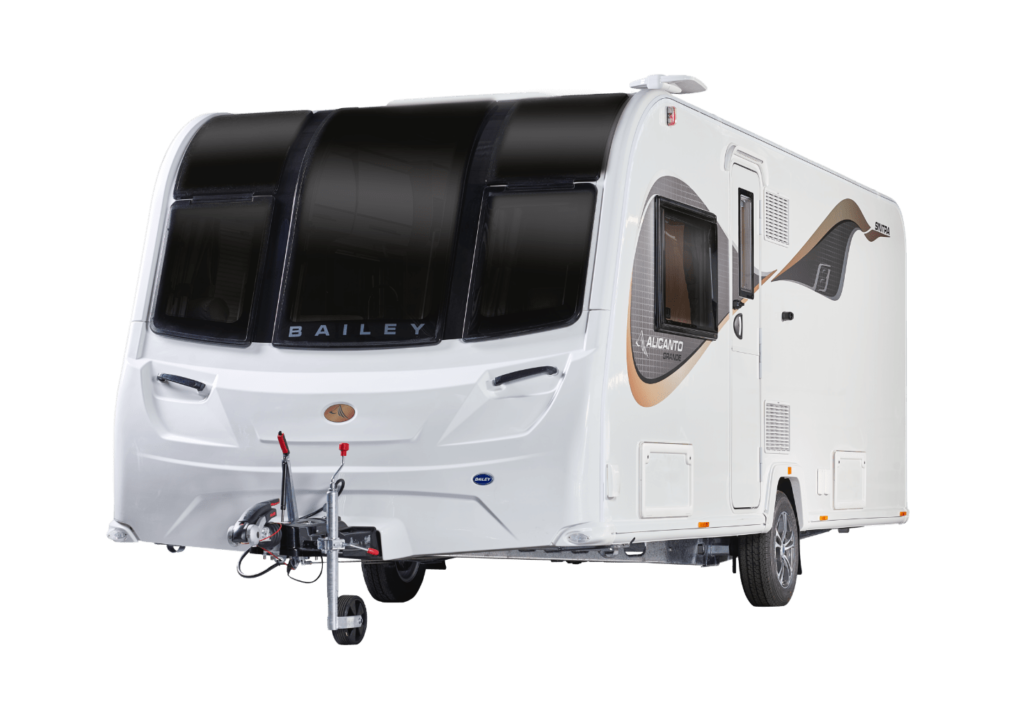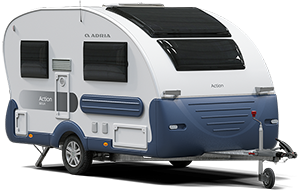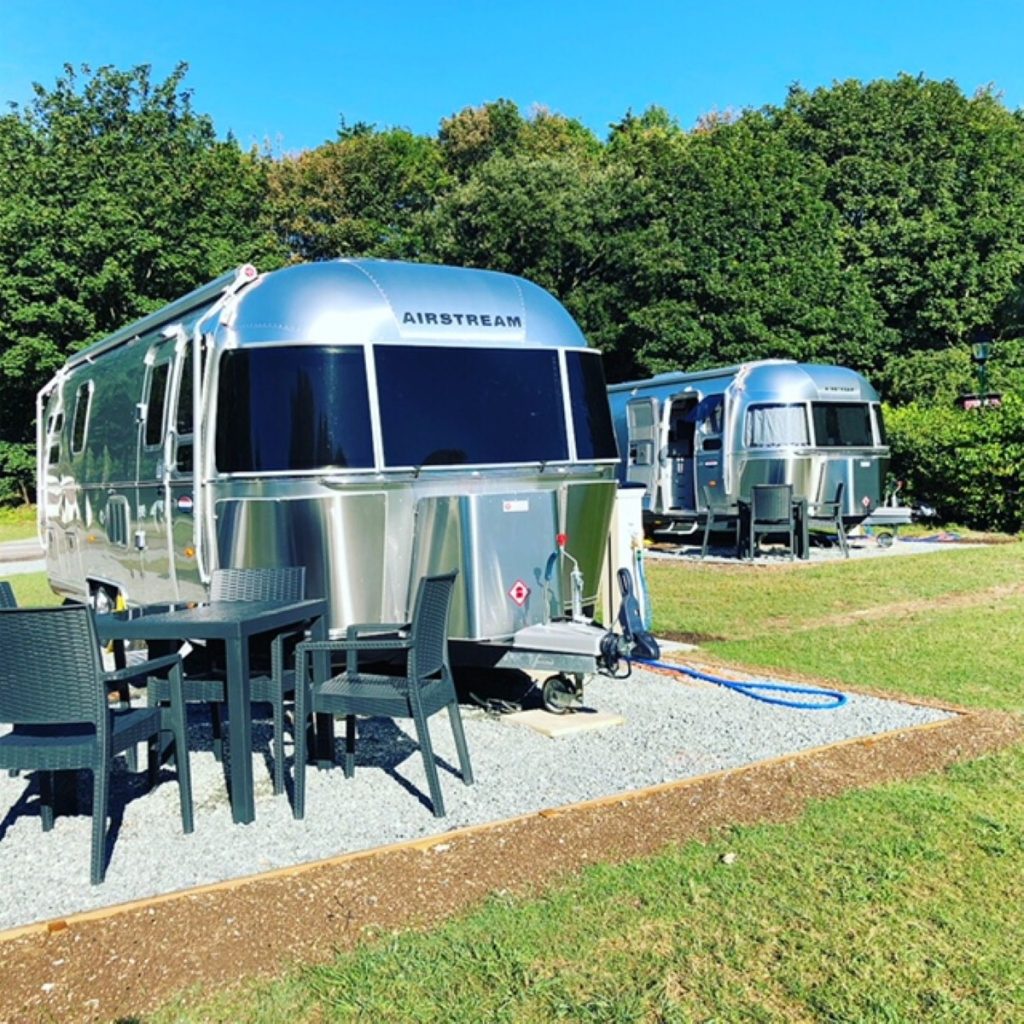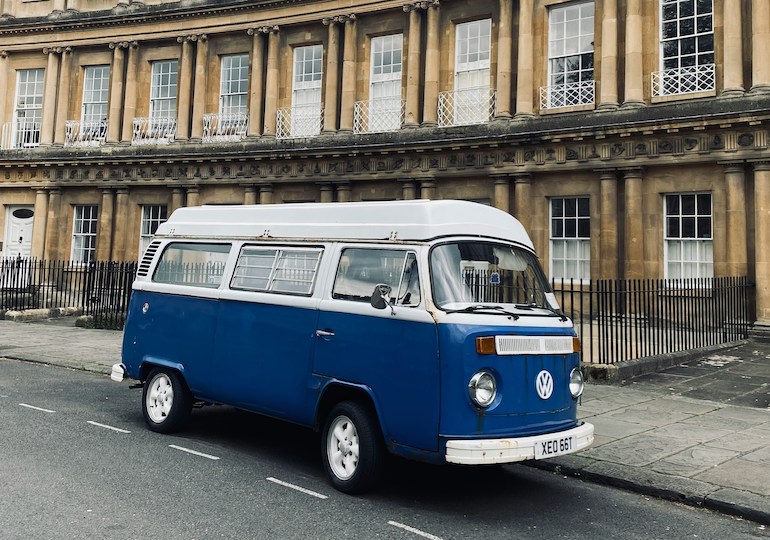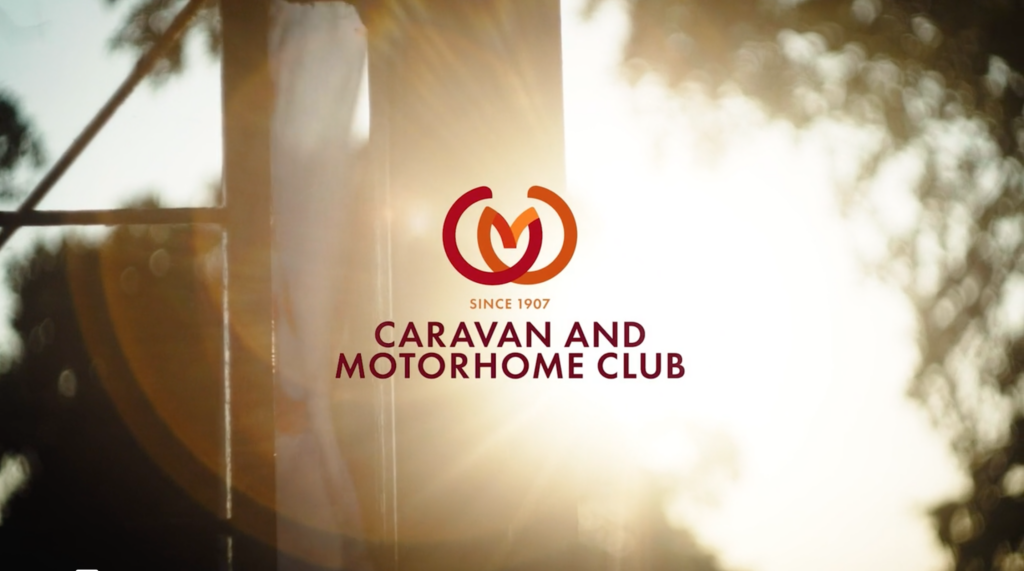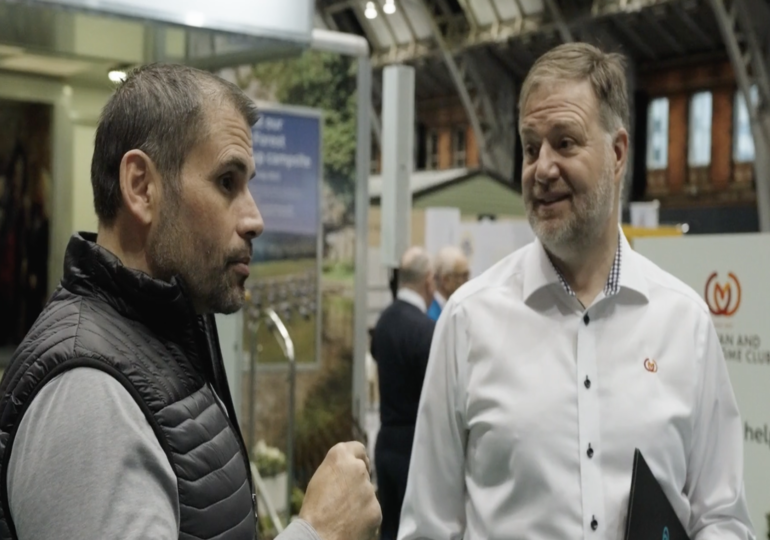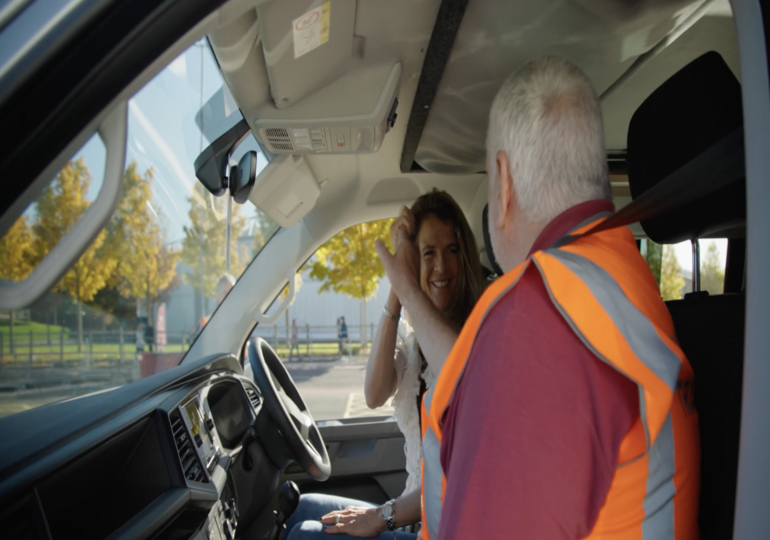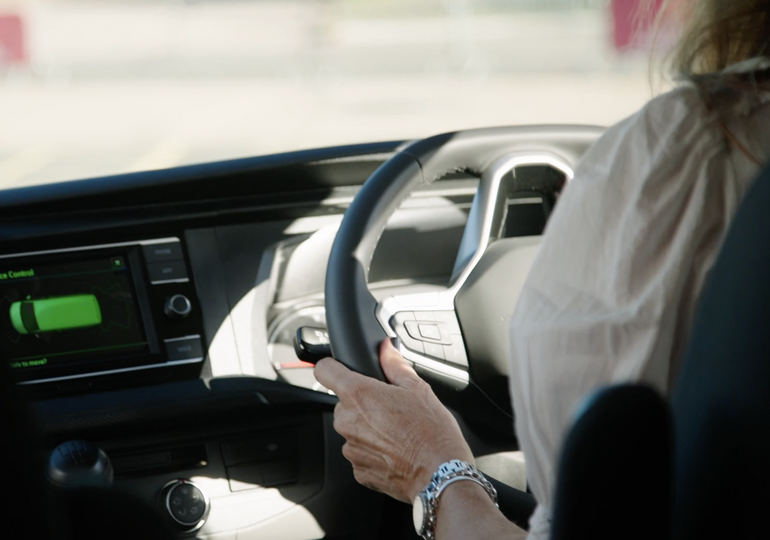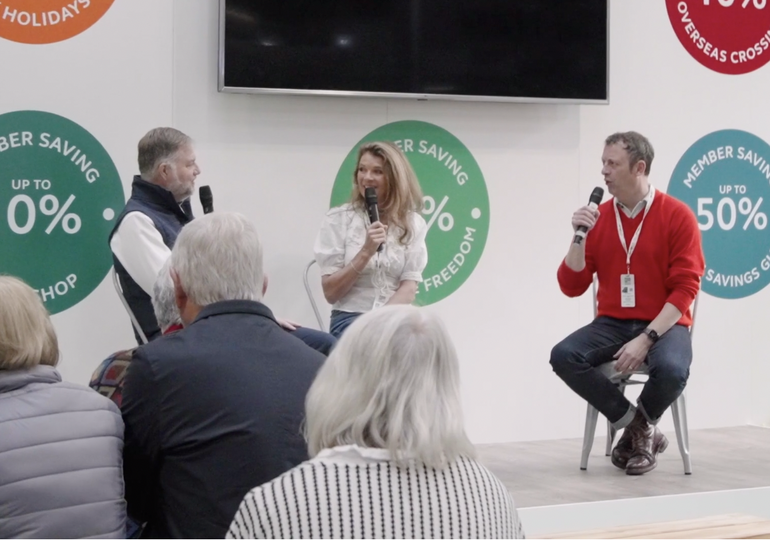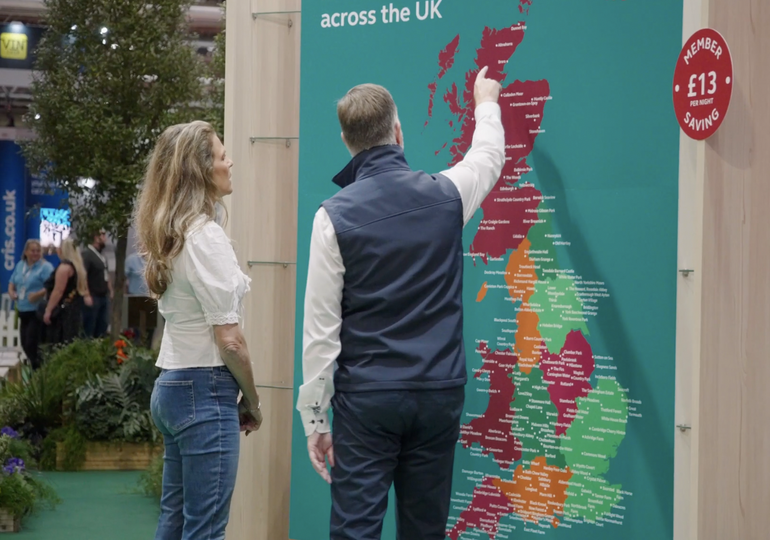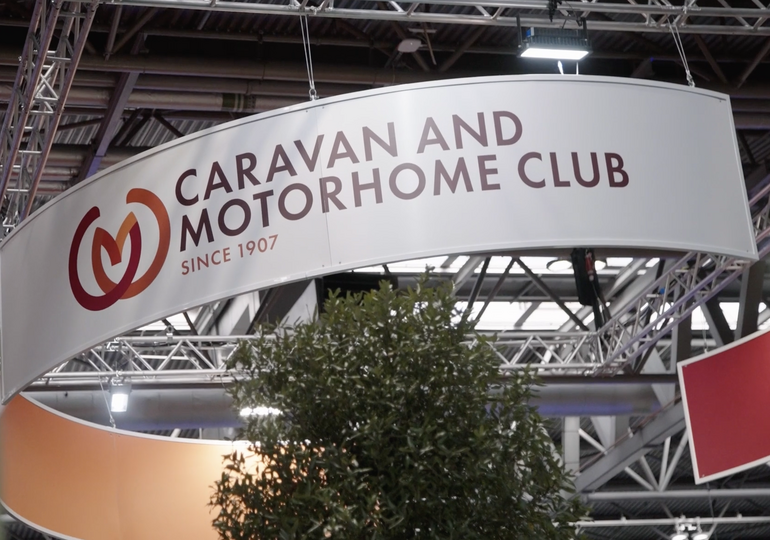Dan Cartwright has over 12 years of experience in the caravan and motorhome industry. He is a judge for a number of prestigious leisure vehicle awards and regularly heads off in his motorhome with his family. Every week, Dan shares his insights with the community. Here’s what he has to say this week.
Last week, I ran through your most commonly asked questions about motorhomes and campsites. Today in the Cartwright Chronicles, I’ll be offering my thoughts and addressing popular queries from the CaravanTimes community about caravans and campervans.
Frequently asked caravan questions
1. I’m buying a caravan but I’ve never towed – do you have any advice?
Book a course! Towing isn’t particularly difficult, but there are a few tricks to learn and I’d personally recommend taking professional instruction. Courses can be one or two days and might be between £100 and £200, depending on where you go. But it’s worthwhile to learn how you can make towing a fun experience instead of a stressful one.
With that said, if you’re buying a caravan and will be towing it, make sure you understand the guidelines around the weight of your towcar in comparison to your caravan. We could publish huge articles on this, but as a rule of thumb, carry as much weight as possible in your car.
Additionally, consider what towcar you want. As a judge of the Towcar of the Year awards, I know they’re hard to pick. So, if you’re finding it difficult, take a look at previous winners.
2. Will I need a specific licence to tow a caravan?
No, but there are certain rules and regulations in place when it comes to towing a caravan, which you can find on the Caravan and Motorhome Club website.
Essentially, assuming the gross vehicle weight is 3,500kg or less, you should be fine. In most cases, you won’t need to update your licence, but if you’re a younger driver or over 70 years of age, you should check first.
3. Can I have passengers in my caravan while towing it?
Definitely not. In all seriousness, this is an incredibly bad idea and if you have ever seen an accident involving a caravan – regardless of how it occurred – the leisure vehicle always comes off a lot worse.
Also, caravans don’t have seatbelts, so if anything happens your passengers would be instantly flung, with no protection, which is never going to end well. Having been in the back of one to film and carry out assessments on test tracks, I can confirm it’s a very unpleasant experience.
Caravans bounce, rock and roll. Try to move and you’ll fall over, while even attempting to sit still in one place is a bit like riding a mechanical bull. Don’t be tempted.
4. Do I legally need to purchase caravan insurance?
No, but you will need to make sure that your car insurance covers you to tow. That’s the legal aspect of it. Most of the time, caravan insurance is about protecting the leisure vehicle from damage and theft.
Even if it covered you to tow, assuming the legal limit on your car insurance, it might not cover the cost of the caravan in an accident, regardless of fault. So, it’s often worth considering caravan insurance, even if the choice, legally speaking, is yours.
5. What’s better, a pre-owned or new caravan?
In truth, the most important thing is the layout. If you’re undecided on a particular one, try to hire one with a specific design and consider buying a pre-owned caravan that matches it.
A significant benefit of buying new is that caravans come under a lot of stress during towing. When they’re fresh off the line, you’ll get things like manufacturer warranties and dealer-backed support, so you can bring it in and fix anything that isn’t quite right.
On the other hand, new caravans are a bit like houses – they have snagging issues. Buying pre-owned should (hopefully) mean the teething issues have been addressed already. But honestly, the most important thing is to not compromise on the layout!
6. Would you recommend any caravan-related products?
Coincidentally, we’re planning to cover this in an upcoming article, in time with potential Christmas gifts. But we’ve also talked previously about the tools you should consider bringing along for the staycation, as well as things like how to make the most of your available space. There are plenty of resources on CaravanTimes to tide you over until our caravan gifts article!
7. How do you load a caravan properly?
Again, there’s so much information required to answer this question appropriately. It would take too long to go through it here, but consider the fact that universities, engineers and even the great Lee Davey have all worked on this. So, I can definitely point you in the right direction!
My general guide is to put anything heavy in your car if possible. Then, in terms of the caravan, the items with the most mass should be stored over the axle. You can purchase nets and bars to hold your belongings in place.
From there, remember to test your nose weight to make sure it’s in line with the manufacturer’s guidance and be sensible with packing! Don’t put your necessary items right at the back and avoid placing the step anywhere other than right next to the door.
Commonly asked campervan questions
1. How do you know if a campervan is right for you?
Much like with caravans, my opinion is that you need to make your decision based on the layout of the vehicle, rather than any other aspect, like the brand, style or a tempting discount. Layout is king!
Campervans come with the most compromise, but included in that group is the converted panel van, which is slightly larger and can therefore have more comfy, larger beds. They also have indoor toilets, better cooking facilities and some even have pop tops.
2. Is a self-converted van a good idea?
I have to be fair here and say that it’s, of course, a personal preference. If there’s a reason why you want a specific layout – maybe you’re using the van in a unique way, like carrying motorbikes to a race – then yes, this could be a good way to achieve the layout that suits your needs.
However, if you don’t want an unusual layout, I’d say avoid self-conversions. The number of hours spent by designers and engineers on manufacturing panel van conversions is in the thousands, perhaps even more. And that’s just to complete the basic concept and design.
Then, it’s constantly improved upon with every iteration or new release. To think that you’d do a better job is probably a mistake. So, if you want a typical layout, but at a budget, I’d suggest buying a slightly older, factory-made camper or panel conversion.
3. Are campervans easy to drive?
Yes. Regardless of whether it’s a small camper or a panel van conversion, they’re all very easy to drive. Anyone who’s been in a van before will take to it naturally, and you wouldn’t even notice the difference between one of these and a car, other than it’s a little bit bigger.
4. How fuel-efficient is a campervan?
Well, that really depends on the van! The way that manufacturing has moved forward in the last 15 years means there’s a huge push towards fuel economy, lower emissions and higher miles per gallon (MPG).
Modern campers will list the MPG figures on the manufacturer’s website, so if you’re interested in finding out, your best bet would be to simply search for the model on Google.
Overall, campervans are probably the most economical leisure vehicles due to their smaller size, as motorhomes and caravans have such a higher wind impact.
5. How much maintenance does a campervan require?
From a mechanical point of view, this should be covered by the automotive manufacturer and, strangely, there’s a lot of variation between different commercial vehicles. It’s important, therefore, to always maintain the service guidance for as long as you own the camper.
In terms of habitation, it will require a service every six months. That involves gearing it up for winter, then summer. It’s probably worth getting this done at a reputable dealership, as they’ll also conduct damp tests on the floor and identify the kind of problems that can very quickly turn from cheap and easy to fix to difficult and expensive.
Also, things break, just like any items you use a lot at home, like knobs from cookers or handles from doors. If you have kids, they will almost certainly destroy every single part of that campervan eventually, so be prepared to make some repairs!
Photo credit: Kampus Production / Pexels

